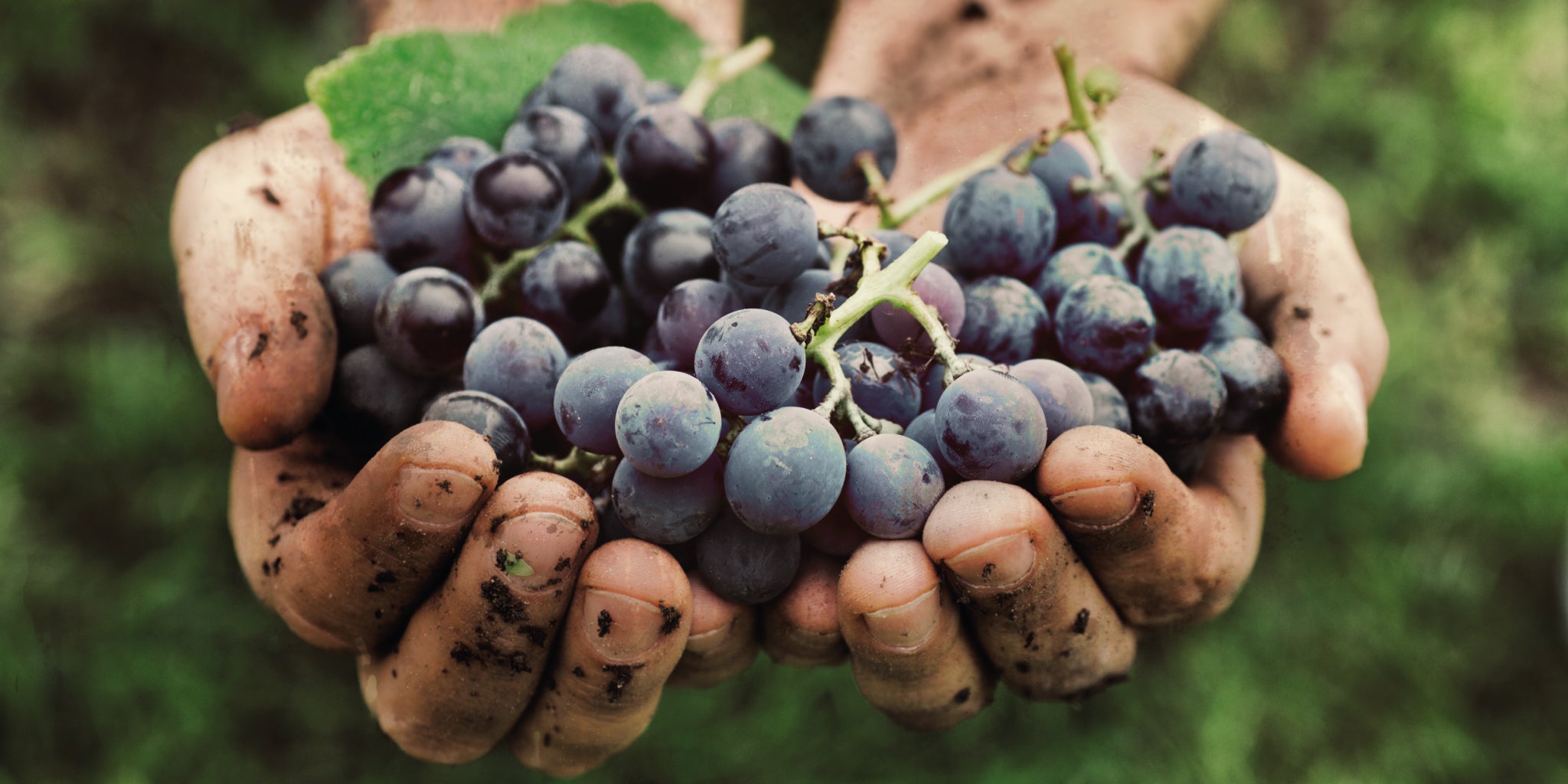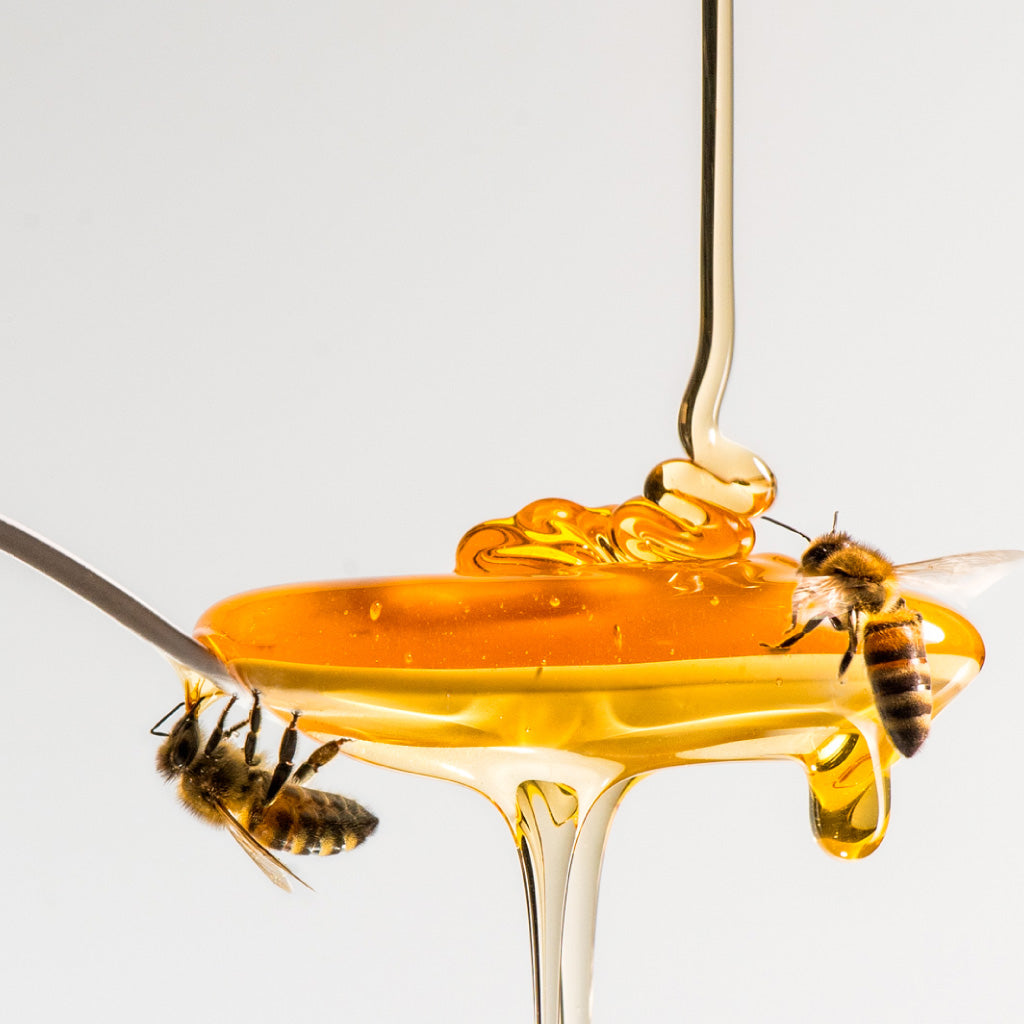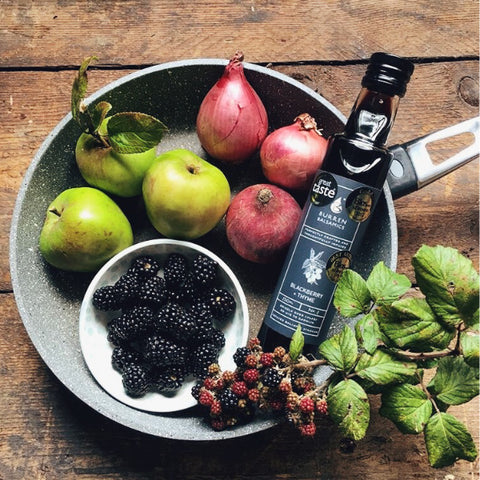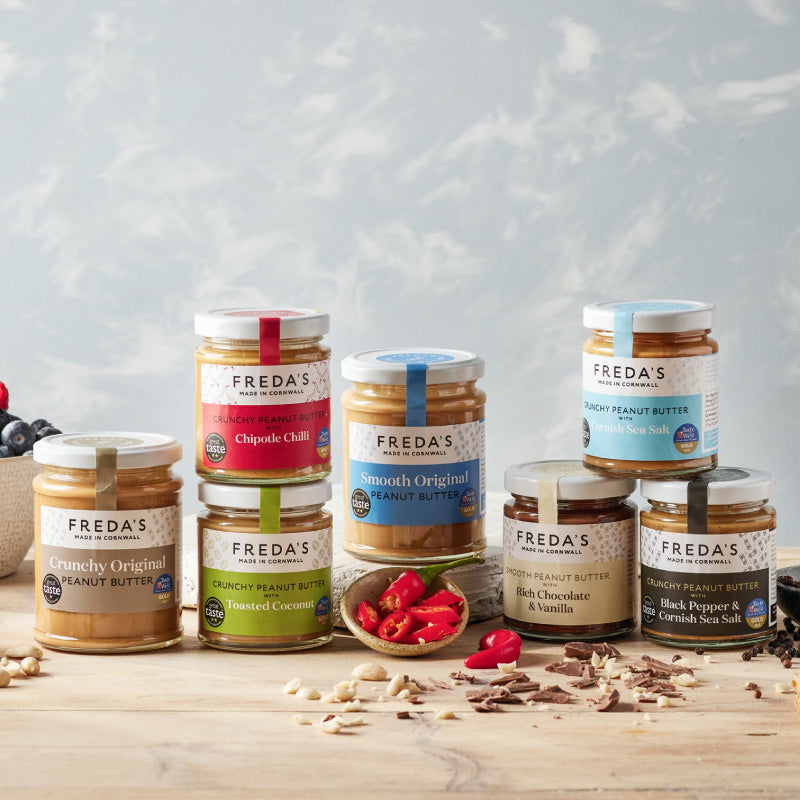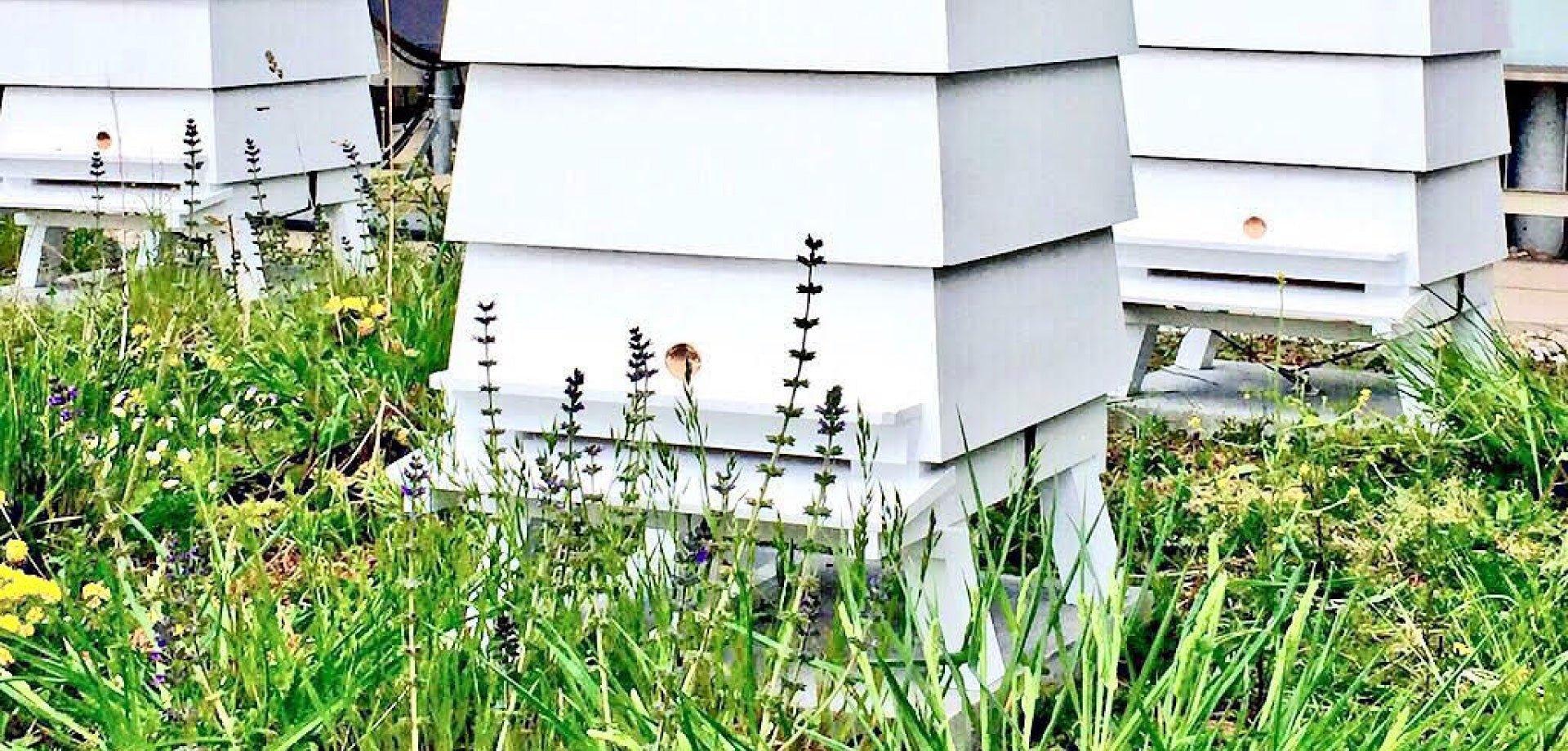Nature's Original Slow Food
Honey is nature’s original slow food: honeybees take all year to produce it through hundreds of thousands of trips to harvest nectar. A single bee will produce just 1/12th of a teaspoon of honey in her entire lifetime. But pressures on bee populations worldwide, particularly in urban environments like London, demand solutions based on scientific knowledge and innovation. While beekeeping itself is an ancient craft, responsible beekeepers now need their combine their art with modern scientific understanding to keep populations healthy. In fact some, like Bermondsey Street Bees, are pointedly not just about gathering high quality honey, but advocate the need to become educators as well, showing how we can meet the challenges bee populations face head on in a sustainable and transparent way.
For a start, there are a lot of myths that need to be busted around bees and beekeeping in general. Once we start to get our head around the multi-layered pressures that they face, we can start to appreciate the provenance of their honey that much better.
Bee to Jar Sustainable Beekeeping
Bermondsey Street Bees, and many other small batch, artisanal producers from across the UK and Europe, follow shortest possible supply chain principles when it comes to gathering honey – so called “bee-to-jar.”
However, there are many different approaches to beekeeping. For some, it is just about creating a commodity – honey. Or about getting paid for intensive pollination services. On the opposite side of the spectrum, some beekeepers leave the bees more or less entirely to their own devices. But for bee-to-jar beekeepers, neither end of this spectrum offers the best chance to guard honeybee populations in the modern world and keep their numbers in balance with other essential bee species.
So what about the misconceptions that need to be challenged? For a start, not all bees are honeybees. Honeybees make up just 7 of the 25,000 bee species identified globally. Honeybees are uniquely defined as long lived colonies , storing honey in quantity in their hive/nest to see them through winter or tough times. The most successful species of these amazingly adaptable insects is the European (or Western) Honeybee, and is the one predominantly kept to produce honey for human consumption. Another myth is that overall numbers of honeybees are in decline. Whilst it is true that there are few of these essential pollinators left in the wild in developed countries, there continues to be significant global growth in the number of managed hives.
Urban Beekeeping & Habitat Management
Why is it important to challenge these misconceptions? The reality of the challenges facing bee populations is multi-layered, and education is crucial among consumers and organisations alike. Sustainable beekeeping demands a nuanced approach combining modern scientific understandings of honeybees with ancient methods honed over generations.
Over the last century, the demands of commercial food production in the developed world have had a huge impact on honeybee lifecycles. The catastrophic loss of natural, rural habitats and forage sources resulting from monoculture farming is one of many pressures on bees’ immune systems. This, in turn, has a negative effect on their resistance to other environmental pressures.
Urban beekeeping has been successful in providing safe havens, since cities offer very varied green spaces, a generally warmer climate leading to longer flowering seasons and far less agrochemical use. But cities are frail ecosystems. In London, the popularity of beekeeping has grown to the level where it now has the highest population of managed hives in Europe, despite still losing green space due to development. Similar patterns of hive density are seen in other cities worldwide. This means that bees in urban spaces are now facing complex negative outcomes from sheer overcrowding. Simply adding more hives to the environment – on rooftops or parkland – is no longer the right thing to do. Specifically, it creates biodiversity loss when the forage sources on which the wild and solitary bee species depend are used up by these new honey-producing visitors.
Sustainable urban beekeeping then means being thoughtful and knowledgeable about where to set up apiaries. For example, new hives should never be placed in areas where there is an existing overpopulation or shortage of plants to forage. But there is even more to it than that. Bermondsey Street Bees have always operated a pioneering ‘Green Offset’ policy, creating their own community gardens and encouraging organisations and individuals who have hives to plant the flowering trees, bushes and herbaceous perennials which form the fundamental components of their honeybees’ diet. This in turn reduces competition with, and impact on, vulnerable wild pollinators.
Honey with Provenance
Another issue with which sustainable beekeepers have to contend is in respect to the honey itself. Honey has been named the third most adulterated foodstuff on the planet after wine and olive oil. To meet consumer demand, many ‘honey’ products have ingredients produced in countries with terrible food and labour standards – which often pay no regard to bee welfare either. These inferior products undergo intense processing, including heat and filtration treatments, blending with other non-honey sugars such as corn syrup, and even chemical honey essences, to the detriment of both the product and the consumer. You’ll often find these in squeezy bottles for a rock-bottom price. Real honey it is not.
Provenance-assured honey is a nutritious, whole slow food, and should be respected as such. It is a luxury, small batch product with an unpredictable and personal harvest, just like a fine wine or olive oil.
Natural raw honeys vary wildly in flavour, colour and texture, depending on the nectar of the flowers they were made from. Honey has many reported health benefits due to its antibacterial and antioxidant properties. Its base component is nectar that honeybees bring into the colony and process, changing the structure of the sugars in their bodies and using their wings to reduce the moisture content down to around 18% before storing it in the hexagonal cells in the honeycomb, capped with wax to preserve it until it needs to be accessed to feed the colony. Artisanal honey producers can carefully harvest the surplus - and only the surplus - product.
This process is the same whether the bees are kept in urban or rural environments, so it is not the honeybees themselves that need to change, but rather the attitudes of their beekeepers and those that enjoy their delicious honey. One of the most effective ways to do is to plant meaningful forage for them, and to buy from small, preferably local producers. There are beekeeping societies right across the UK and Europe, keen to connect customers with producers to foster a strong interest in bees and real honey.
Sustainability-driven beekeepers see their colonies as part of the mosaic of environmental and biodiversity issues prevailing in any given location. This underlines beekeeping as an intensely local business, making single-source honeys a perfect snapshot of a time and place. Sharing this knowledge and understanding allows us to savour the exquisite natural flavours of the honey and let it inspire adventures with food.
Discover more about Bermondsey Street Bees here or you can browse and buy their range of honey and lifestyle goods here.

